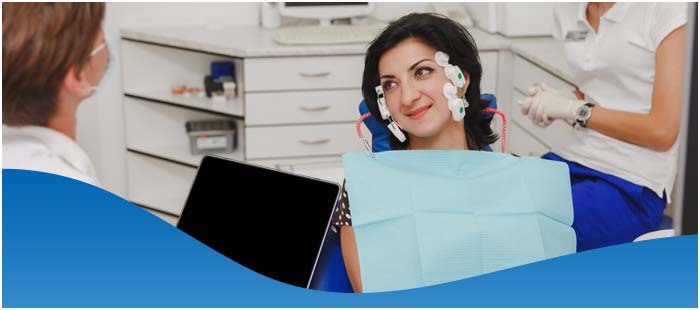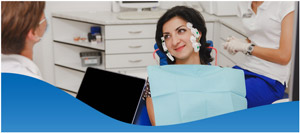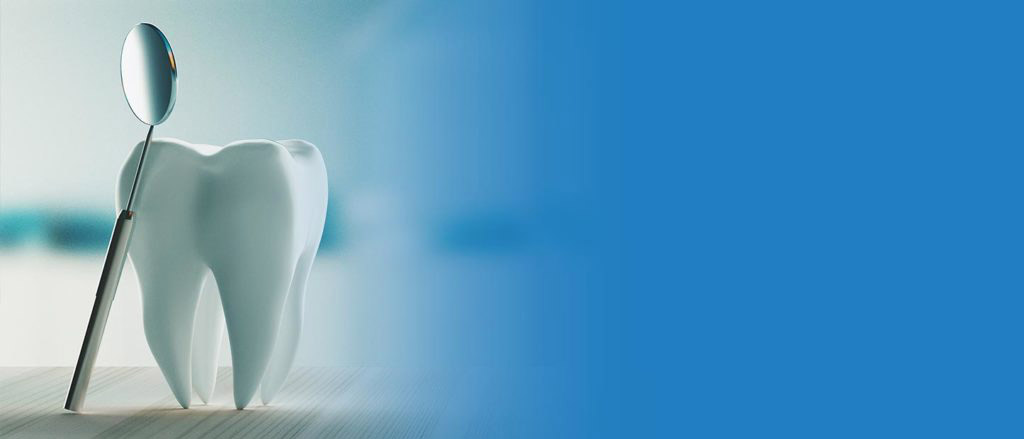Neuromuscular Dentistry Services in Dallas, TX
Dr. Cory Nguyen DDS at Beyond Dental & Implant Center is an expert in Neuromuscular dentistry and orthodontics. We are conveniently located at 13655 Preston Rd Suite 100 Dallas, TX 75240. Contact us for more information or request an appointment online.


Table of Contents:
What is TMJ and TMD?
Conventional TMJ treatments
Neuromuscular treatments
At Beyond Dental and Implant Center, we specialize in neuromuscular treatments to correct TMJ disorders (TMD) and misaligned bites (malocclusions). When compared to conventional TMJ treatments, neuromuscular dentistry provides several benefits to patients searching for relief. If you suffer from the inconvenient and often painful symptoms associated with TMD, our neuromuscular approach may be the ideal solution.
Compromised of bones, ligaments, muscles, disks, and cartilage, the temporomandibular joint is one of the most complex joints in the body. This delicate system acts like a sliding hinge that allows you to move your lower jaw forward, backward, and side-to-side. In other words, your TMJ is responsible for your ability to chew, speak, yawn, and smile.
Any problem that prevents you from properly moving your jaw is known as a TMJ disorder or TMD. Symptoms of TMD include:
• Clicking, popping, or grating sounds when opening or closing your mouth
• Difficulty opening and closing your mouth
• Pain or tenderness in the jaw area, neck, shoulders, or face
• Pain similar to an earache
• A jaw that gets stuck or locked in a certain position (lockjaw)
• Pain when chewing, speaking, or yawning
• A tired feeling in your face or jaw
• Ringing in the ear (tinnitus)
The causes of TMD are still not entirely known, as the disorder shares many symptoms with other ailments. However, we do know that symptoms usually arise due to muscular problems or problems within the joint itself. Many times, these problems stem from a misaligned jaw or bite.
One of the most common treatments for TMJ disorders involves an oral appliance. An oral appliance, such as a mouthguard or splint, is designed to keep the jaw in its proper position at night. This type of treatment is particularly effective for patients that also grind their teeth or clench their jaw during sleep.
Other treatments involve habit counseling, physical therapy, and muscle relaxants. It is important to note that medications like pain relievers and muscle relaxants are generally considered temporary measures to provide short-term relief. For this reason, many patients choose neuromuscular treatments for a more permanent solution.
Neuromuscular treatments are designed to permanently realign the jaw, correct malocclusions, and alleviate the symptoms of TMD. While this approach is relatively new, many dentists like Dr. Cory Nguyen have adopted the technique due to superior results. While other treatments only address the symptoms of TMD, neuromuscular dentistry allows us to correct the underlying causes of those symptoms.
According to the Journal of Craniomandibular & Sleep Practice, most medical professionals agree that malocclusion may play a significant role in TMD as both a precipitant and perpetuating cause. The goal of neuromuscular treatment is to establish the proper physiological resting position for your jaw, which is directly tied to occlusion. Once we establish the appropriate resting position, we may recommend orthodontic or restorative dentistry to achieve and maintain proper alignment. We serve patients from Dallas TX, Plano TX, Addison TX, Garland TX, Richardson TX, Carrollton TX, and BEYOND!

Additional Services You May Need
▸ Dental Implant
▸ Cosmetic Dentistry
▸ Restorative Dentistry
▸ Orthodontics
▸ Family Dentistry
▸ TMJ
▸ Smile Makeovers
▸ Clear Braces
▸ Sleep Apnea Treatment
▸ Tongue Tie Surgery
▸ Neuromuscular Orthodontics
▸ All-On-4 Treatment Concept
▸ Lip Tie Surgery
▸ Zygomatic Implants
▸ Pterygoid Implants
▸ Neuromuscular Dentistry
▸ Gum Graft Treatment








